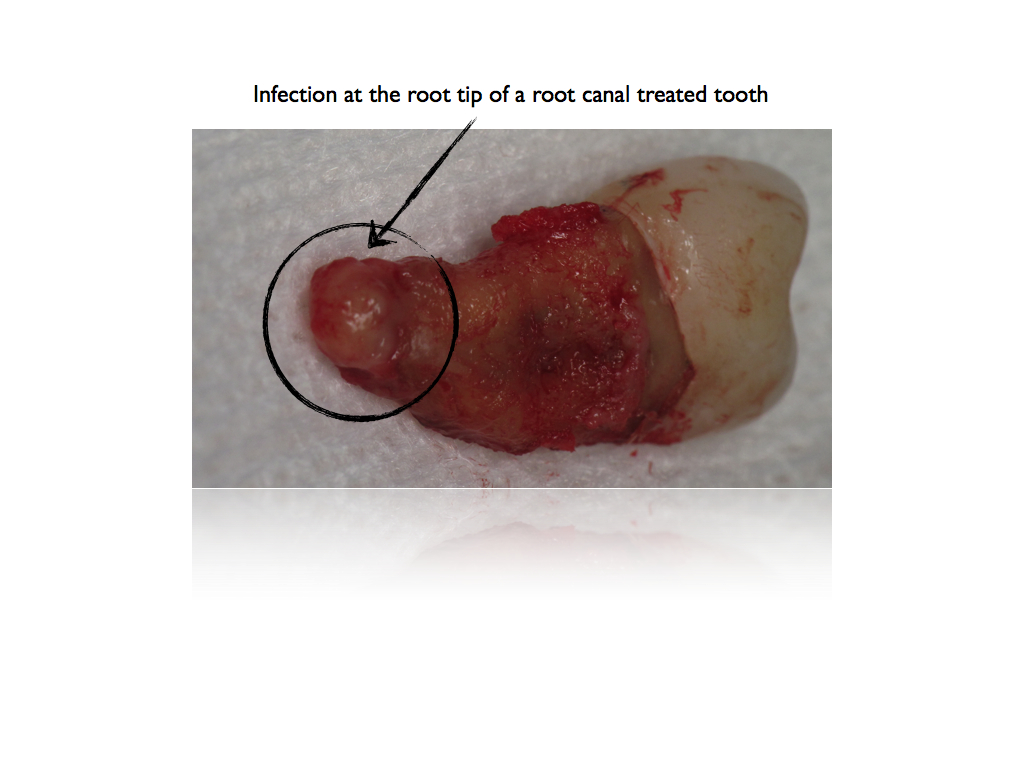
Advertisement
Root canals are the much-dreaded procedure used to treat deeply infected teeth without extraction. It seems like a great option; you get to keep your tooth. However, there are seldom-discussed negatives to having root canal procedures done.
In a root canal, all of the pulp tissue and nerves inside the tooth are removed. Any identifiable abscesses in the root tip are drained. And then the hollowed-out tooth is pumped up with dental filler. There is never any sterilization of the tooth, and the microscopic dentinal tubules are perfect harbors for leftover bacteria. That can lead to more infection, and possibly a more serious one.
The advanced gum disease apical periodontitis carries the same pathogens as root-canal-treated teeth, and studies show that those pathogens play a part in the development of atherosclerosis and eventual heart attack.
The next time your dentist wants to do a root canal, maybe you might want to reconsider.
Source:
Submit a correction >>
This article may contain statements that reflect the opinion of the author
Advertisement
Advertisements















